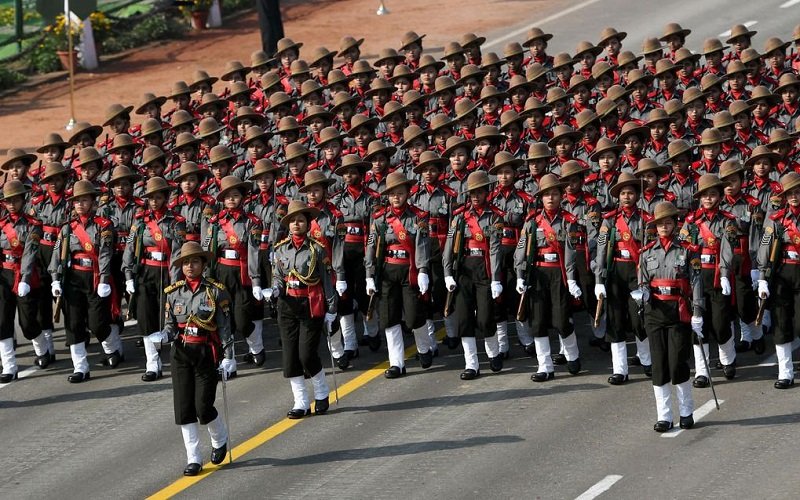
The complete journey of Indian women in the armed forces, from the World War to Agniveers
From the medieval period, when women were equally active in all spheres of life, to the current era, when they are pushing to be included in all, women in India have always led the opposite lives.
“Women have always had an equal role in Indian scriptures; in mythology, gods and goddesses are given equal platforms during worship; even couples sit together while performing any pooja.”
One of the roles that a modern woman tries to fit into is combat. During the World War, women were first admitted to the Indian armed forces. Although they have come a long way to equalize with their male counterparts in the Armed Forces and National Security, they still have a long way to go.
Because there were insufficient male doctors during World War I, the British Indian Army (BIA) started welcoming women into the armed forces in 1888. Women began working in hospitals as nurses.
The Women’s Auxiliary Corps was created by the British to increase the roles available to women in non-combat duties including accountancy, communications, and administration.
Subhash Chandra Bose founded Azad Hind Fauj, which included the Rani of Jhansi Regiment, a women’s regiment that engaged in actual battle in Burma with the Imperial Japanese Army.
They were not eligible for regular commission in any force, in any function, following the Army Act of 1950, until 1958. Their regular commission in the Indian Army Medical Corps was granted in 1958.
“From there, observe how far we’ve come; today, female physicians are serving in front; some are even stationed at Siachen Base Camp and high-altitude locations.” Kanitkar supported women’s progressive positions in the military services.
During this time, two female spies gained notoriety: Noor Inayat Khan in World War II and Sehmat during the Indo-Pakistan war, which served as the basis for the 2018 Bollywood film Raazi.
The Hindu goddess of power, Shakti, also stands for women, and the word “power” is synonymous with her. Nevertheless, modern women must embark on a lengthy journey. They are still making a lot of effort to demonstrate their ability to fill all responsibilities.



